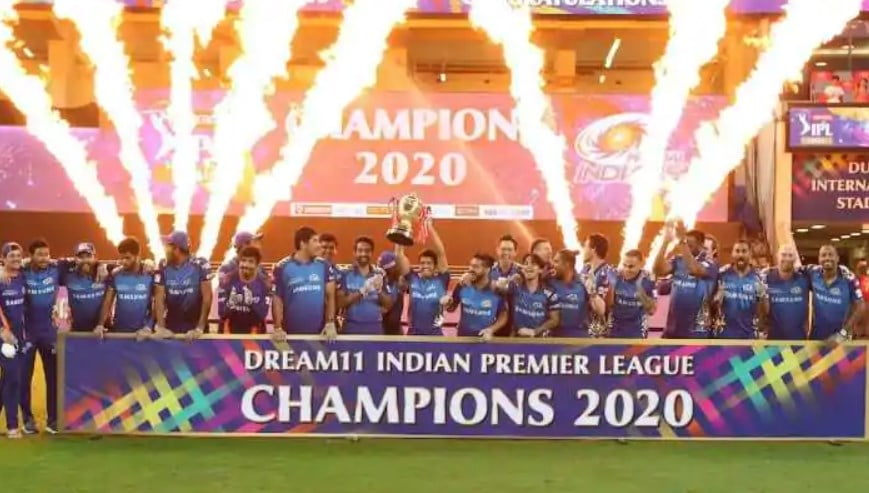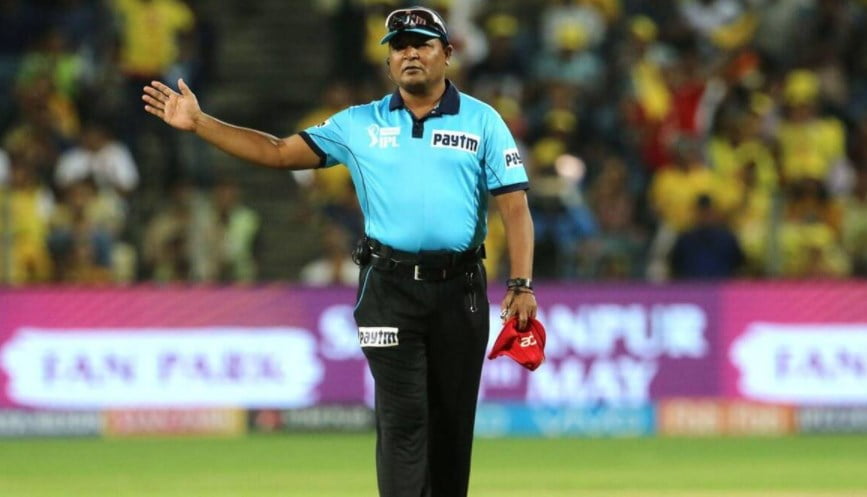One of the biggest T20 leagues in the world, the Indian Premier League (IPL) is scheduled to commence on 9th April 2021. And, the Board of Control for Cricket in India (BCCI) has now stated that there will be some changes in the playing conditions for the 14th edition of the cash-rich league.

The BCCI has stated that every team is required to must mandatorily complete their quota of 20 overs within 90 minutes and they will have to achieve the mandatory overrate of 14.11 overs per hour. The two time-outs in the innings that will consume a total of 5 minutes have also been included in the stipulated 90 minutes. Also, if there is any delay or interruption of any kind during the match, then 4 minutes and 15 seconds will be deducted for every over-reduced.
As per the quotes in Cricbuzz, BCCI stated, “As a measure to control the match timings, the 20th over in each innings is now included in 90 minutes, earlier the 20th over was to start on or before the 90th minute. The minimum over rate to be achieved in IPL Matches shall be 14.11 overs per hour (ignoring the time taken by time-outs).”
ALSO READ: Shikhar Dhawan Feels He Made The Most Of The ODI Series
It further added, “In uninterrupted matches, this means that the 20th over should finish within 90 minutes (being 85 minutes of playing time plus 5 minutes of time-out) of the start of the innings. For delayed or interrupted matches where an innings is scheduled to be less than 20 overs, the maximum time of 90 minutes shall be reduced by 4 minutes 15 seconds for every over by which the innings is reduced.”
The Indian cricket board has made a huge change in the soft signal rule as well. The current rule states that if the on-field umpires want the assistance of the third umpire, both the on-field umpires will need to consult with each other and then only take the decision upstairs and the bowler’s end umpire can only take the decision upstairs. Also, in case of a catch, the third umpire will use all the technological resources at his disposal and then arrive at his decision.

Elaborating the same, the BCCI stated, “Should both on-field umpires require assistance from the third umpire to make a decision, the bowler’s end umpire shall firstly take a decision on-field after consulting with the striker’s end umpire, before consulting by two-way radio with the third umpire. “
He further added, “Such consultation shall be initiated by the bowler’s end umpire to the third umpire by making the shape of a TV screen with his/her hands. The third umpire shall determine whether the batsman has been caught, whether the delivery was a bump ball, or if the batsman wilfully obstructed the field. In case of a fair catch, the third umpire will use all the technological support available to him/her. The third umpire shall communicate his/her decision.”
ALSO READ: Virat Kohli Concerned About High-stress Bio-Bubble Environment In IPL
However, the Umpire’s Call rule will continue as it comes within the Decision Review System (DRS), and the decision taken by the bowler’s end umpire will stay when the ball-tracking technology indicates a ‘marginal’ decision.
Explaining the same, BCCI stated, “Umpire’s Call is the concept within the DRS under which the on-field decision of the bowler’s end umpire shall stand, which shall apply under the specific circumstances where the ball-tracking technology indicates a marginal decision in respect of either the Impact Zone or the Wicket Zone.”
